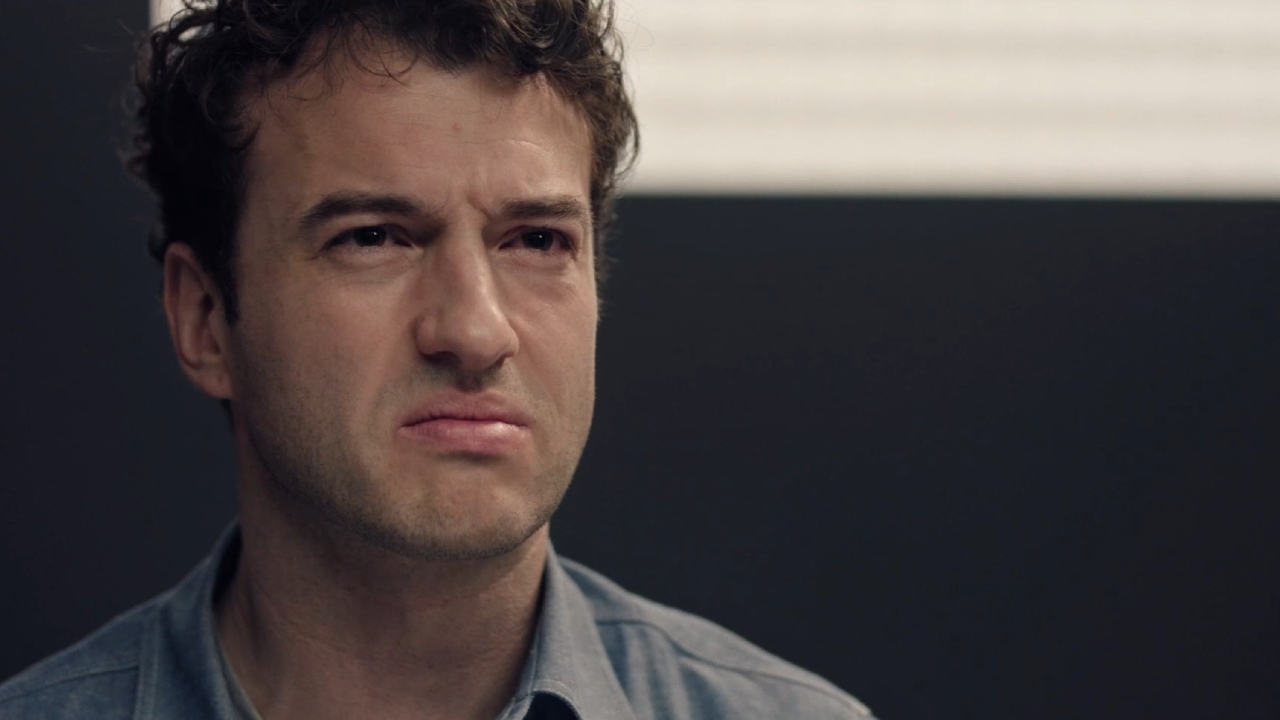In the new feature, a family becomes hostage to a mysterious creature when moving into the patriarch’s childhood home.
Werewolfthriller directed by Leigh Whannell (Supernatural: The Origin), is showing in Brazilian cinemas with the intention of reimagining one of the most classic monsters in pop culture. However, unfortunately, the novelty fails to take advantage of the full potential of its premise and a figure already so present in the cinematic imagination.
In Werewolfthe filmmaker proposes creating a more melodramatic approach, focused on family dynamics, which serves almost as a counterpoint to The Werewolf (2010), starring Benicio del Toro (Sicario: No Man’s Land), a production more focused on action, horror and gore.
The novel’s plot revolves around a family that isolates themselves in a house in the state of Oregon, in search of emotional reconstruction. The choice of setting — an isolated house in the middle of a forest — is already a horror cliché, and here there is nothing new to be explored.
The premise of an inhospitable place, which seems to be haunted by the unknown, could have been a strong point, but the film never really manages to capture a tense and unsettling atmosphere. The terror, even though it is built on the dark photography of the night in which the story unfolds, presents itself more as a metaphor for the fear of loss than a concrete threat, which weakens its ability to engage the viewer.
The big problem of Werewolf it’s in the construction of terror and the lack of more solid development. Although Whannell try paying homage to your favorite 80s classics like The Enigma of Another World (1982) and The Fly (1986), its execution falls short of the essence of such tapes.
The director pays tribute The Fly by incorporating aspects of body horrorbut the transformation scenes, although well produced using practical effects, do not have much impact, as the camera is limited to the detail shot, in an attempt to disturb the audience, and not so much to shock them. And it’s really frustrating that the director of Upgrade: Update (2018) and The Invisible Man (2020) is unable to showcase his virtuosity in the rare physical clash sequences of Werewolf.
Furthermore, the film presents a timid approach to toxic masculinity. The protagonist (Christopher Abbott, At Nightfall) is a protective father, who promises to take care of his daughter (Matilda Firth, Hullraisers) at all costs and forever, contrasting with his childhood father, of whom he was even afraid. However, in an attempt to escape the same, the elements are not explored enough for the film to have a relevant comment on such issues. The focus on family relationships seems more accurate, even if generic.
The enthusiasm for the melodramatic aspect of the work compromises the balance between drama and terror. Although Werewolfaddresses emotional issues, such as the fragility of a family in crisis, the melodrama, instead of intensifying the tension of the narrative, ends up tiring the viewer, who finds himself faced with clichés already repeated so many times in cinema — and well, this is a horror film, the public doesn’t want to see crying. At this point, the film fails to find a tone that unifies these two dimensions and ends up leaving horror in the background for much of the time.
In short, Werewolf It even has a different proposal from other approaches to the monster, but it fails to execute it effectively. The attempt to reinterpret the classic with a more intimate approach lacks depth and originality. Whannellinstead of exploring horror deeply, chooses to focus on family relationships and the characters’ weaknesses, but fails to create an emotional connection with the audience. The result is a narrative that oscillates between drama and horror, looking more for drama, even when it tries to terrify.
Rolling Stone Brazil film special
Cinema is the theme of the new printed special from Rolling Stone Brazil. In a magazine dedicated to lovers of the seventh art, we interviewed Francis Ford Coppolawho turns 85 amid the release of his new film, Megalopolisa bold and million-dollar undertaking financed by himself.
Unshakable in the face of controversial reactions to the novelty, which took around 40 years to get off the ground, the filmmaker defends the cinema industry’s boldness in being creative and opens up, in plain Portuguese, about Brazil’s influence in his new film: “Alegria” .
The special also features conversations with Walter Salles, Fernanda Torres and Selton Mello on I’m Still Herea chat about soundtracks with the maestro João Carlos Martinsan exclusive list with the 100 best films in history (50 national, 50 international), another list with the 101 greatest soundtracks in the history of cinema, a warm-up for Oscar 2025 and the release radar of Globoplay, Globo Filmes, O2 Play and O2 Filmes for the coming months.
The movie special Rolling Stone Brazil It is already on newsstands, but can also be purchased at the Perfil publisher’s store for R$29.90. Check it out:
See this photo on InstagramA post shared by Rolling Stone Brasil (@rollingstonebrasil)
READ ALSO:“A reunion between the public and the artist”says director of documentary about Luiz Melodia
What has been the best film of 2025 so far? Vote for your favorite!
- Baby
- Babygirl
- The Seed of the Sacred Fruit
- Here
- Maria Callas
- Luiz Melodia: In the Heart of Brazil
Source: Rollingstone
Rose James is a Gossipify movie and series reviewer known for her in-depth analysis and unique perspective on the latest releases. With a background in film studies, she provides engaging and informative reviews, and keeps readers up to date with industry trends and emerging talents.






